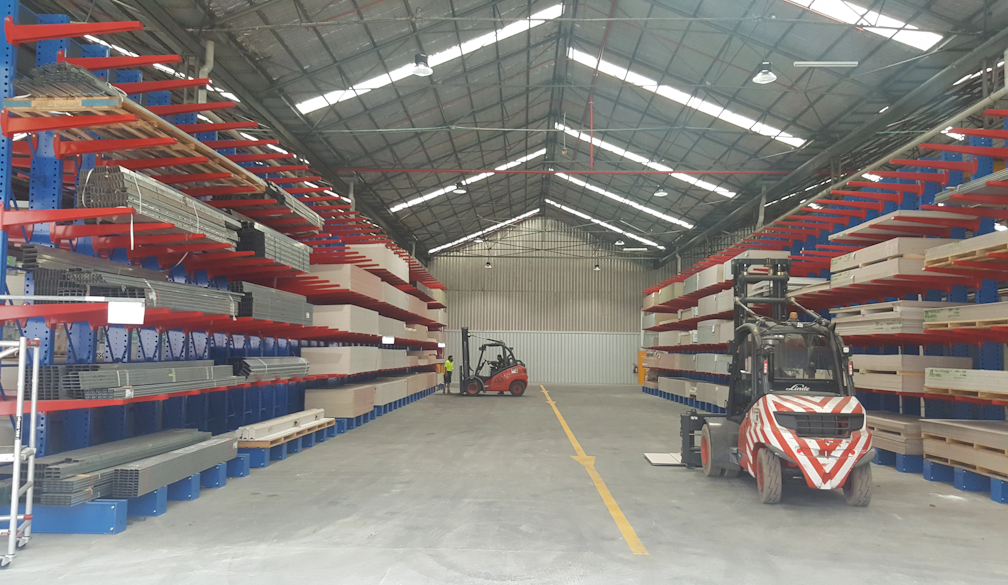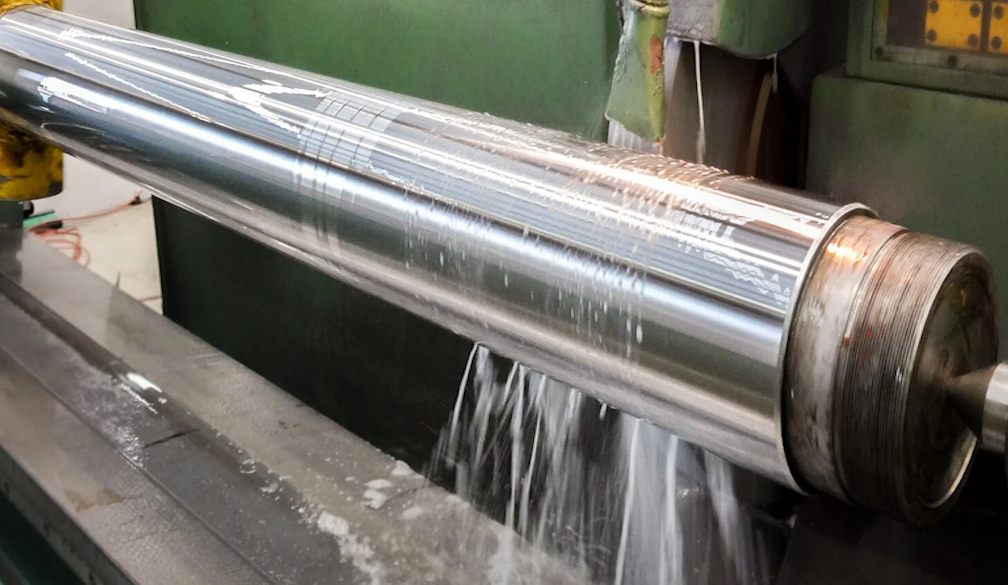A Quick Guide to the Process of Compulsory Acquisition

Compulsory acquisition, often referred to as eminent domain or compulsory purchase, is a legal process whereby government or statutory authorities have the right to acquire private property for public use, even without the consent of the property owner. This process can be perplexing and daunting for those facing it for the first time. The role of a compulsory acquisition lawyer becomes pivotal in such situations, offering vital guidance and representation to ensure fair treatment and compensation for affected property owners. This article aims to demystify the process of compulsory acquisition in Australia and underline the importance of legal representation in safeguarding your rights and interests.
Understanding Compulsory Acquisition
Compulsory acquisition is typically invoked for public benefit projects such as infrastructure development, urban regeneration and environmental conservation. The process is governed by specific legislation which outlines the criteria for acquisition, the process to be followed and the rights of the property owners. A compulsory acquisition lawyer can provide a comprehensive understanding of these laws and their implications, ensuring that property owners are fully informed of their rights and the process ahead.
The Role of Notice & Negotiation
The commencement of a compulsory acquisition process is marked by the issuing of a Notice of Intention to Acquire by the acquiring authority. This notice should detail the property to be acquired and the purpose of the acquisition. Following this, there’s usually a period for negotiation, where property owners have the opportunity to discuss compensation and terms. Experienced compulsory acquisition lawyers are crucial during this phase, as they can negotiate effectively on behalf of the property owner to ensure optimal compensation and terms.
Compensation & Valuation
Determining fair compensation is a core aspect of the compulsory acquisition process. This not only includes the market value of the property, but may also cover additional compensation for disturbance, relocation costs and other losses incurred due to the acquisition. A compulsory acquisition lawyer with a thorough understanding of property law and valuation principles can ensure that all relevant factors are considered in the compensation package, reflecting the true value of the property and the impact of the acquisition on the owner.
Objections & Appeals
If a property owner is dissatisfied with the proposed acquisition or the compensation offered, they have the right to object and, if necessary, appeal the decision. This stage of the process can be complex, involving formal submissions, hearings and possibly court proceedings. Having a skilled compulsory acquisition lawyer is invaluable at this juncture, as they can craft compelling arguments, represent the owner's interests effectively and navigate the legal challenges that may arise.
The Importance of Legal Representation
The compulsory acquisition process can be intricate and emotionally taxing for property owners. Engaging a compulsory acquisition lawyer ensures that your case will be handled with expertise and sensitivity. From interpreting legal notices and negotiating compensation to representing your interests in objections or court, a knowledgeable lawyer can ensure fairness and justice.









